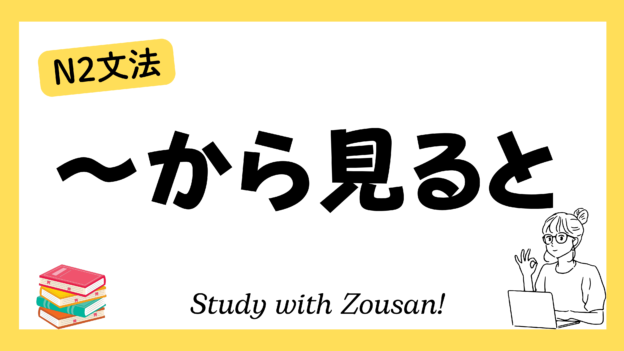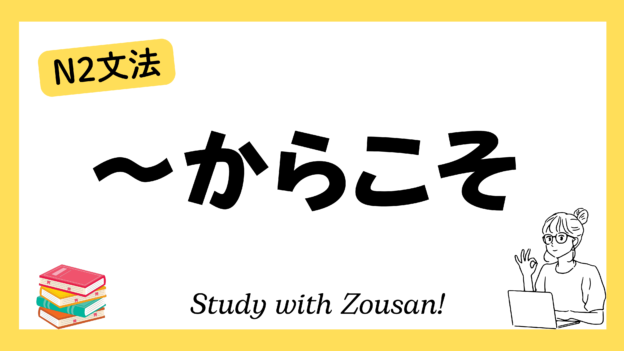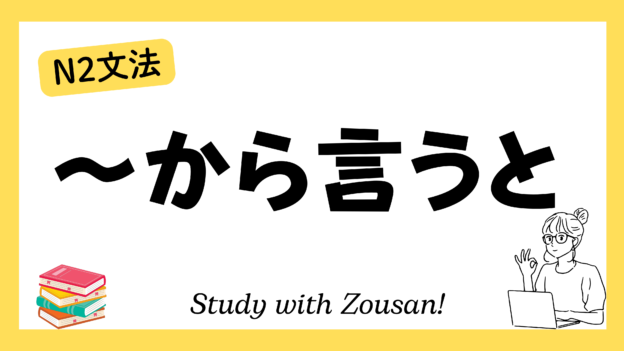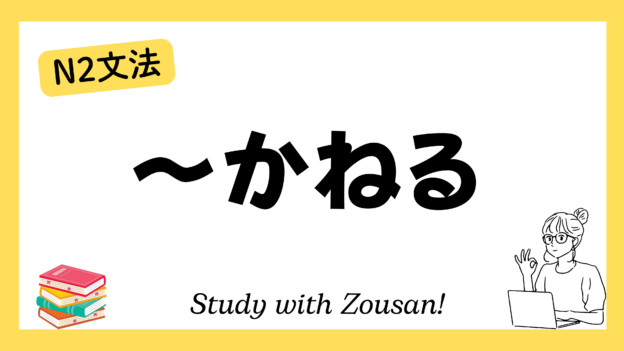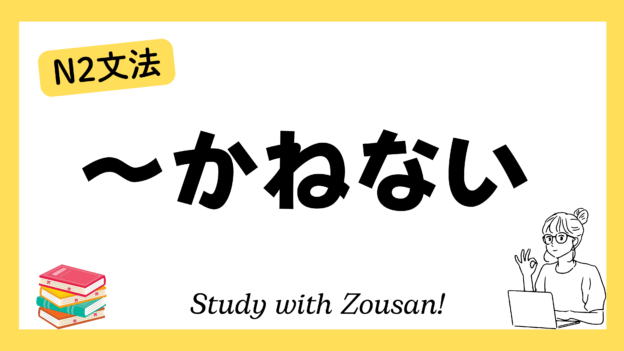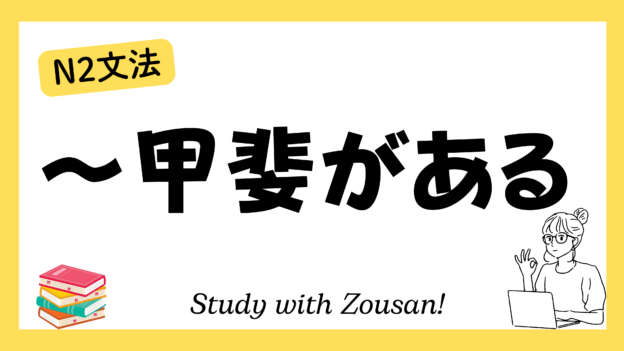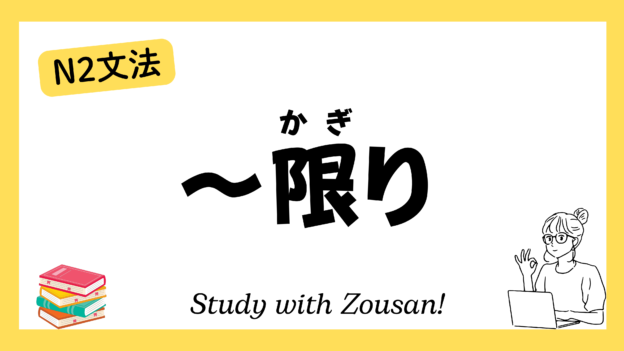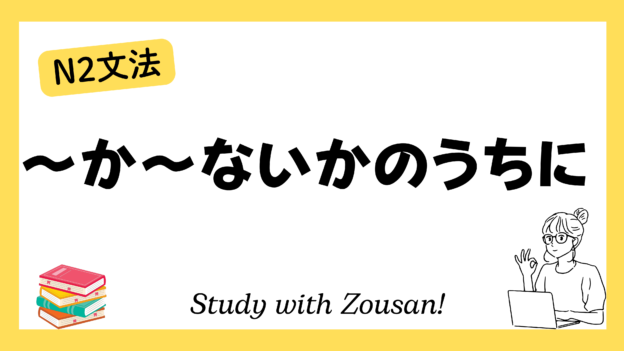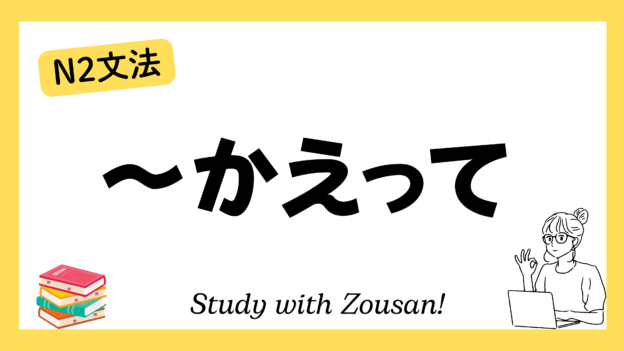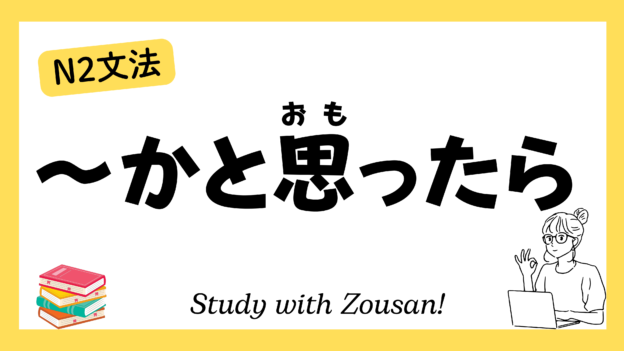Meaning: “From the viewpoint of…” / “Seen from the perspective of…”
The structure ~から見ると is used to describe how a situation or issue is perceived or evaluated from a specific viewpoint or perspective. It emphasizes that the judgment or conclusion is based on a particular angle and may change if viewed differently.
※Note:
・~から見ると is often paired with words indicating viewpoint, angle, or aspect, such as “person,” “situation,” “environment,” etc.
・This structure can be used in discussions to point out that opinions may vary depending on different approaches or perspectives.
Structure:
| Noun + | から見ると から見れば から見て |
Example:
-
-
-
🌟 子供の立場から見ると、このルールは厳しすぎるかもしれない。
(こども の たちば から みる と、この ルール は きびしすぎる かもしれない)
From a child’s standpoint, this rule might be too strict. -
🌟 専門家から見ると、この問題はまだ解決されていない。
(せんもんか から みる と、この もんだい は まだ かいけつ されて いない)
From an expert’s perspective, this problem is still unresolved. -
🌟 環境の面から見ると、この計画には問題がある。
(かんきょう の めん から みる と、この けいかく には もんだい が ある)
From an environmental perspective, there are issues with this plan. -
🌟 社会の変化から見ると、この政策は効果的だ。
(しゃかい の へんか から みる と、この せいさく は こうかてき だ)
From the viewpoint of social change, this policy is effective. -
🌟 日本の文化から見ると、彼の行動は理解しにくい。
(にほん の ぶんか から みる と、かれ の こうどう は りかい しにくい)
From the viewpoint of Japanese culture, his behavior is hard to understand. -
🌟 この状況から見ると、彼の提案は妥当だ。
(この じょうきょう から みる と、かれ の ていあん は だとう だ)
From this situation, his proposal is reasonable. -
🌟 医学的な観点から見ると、この食事は健康に良い。
(いがくてき な かんてん から みる と、この しょくじ は けんこう に よい)
From a medical perspective, this diet is good for health. -
🌟 経済的な観点から見ると、この投資はリスクが高い。
(けいざいてき な かんてん から みる と、この とうし は リスク が たかい)
From an economic perspective, this investment is high-risk. -
🌟 外国人から見ると、日本の生活は面白いところが多い。
(がいこくじん から みる と、にほん の せいかつ は おもしろい ところ が おおい)
From a foreigner’s perspective, there are many interesting aspects of life in Japan. -
🌟 教師の立場から見ると、この教材はとても役に立つ。
(きょうし の たちば から みる と、この きょうざい は とても やく に たつ)
From a teacher’s standpoint, this teaching material is very useful.
-
-


